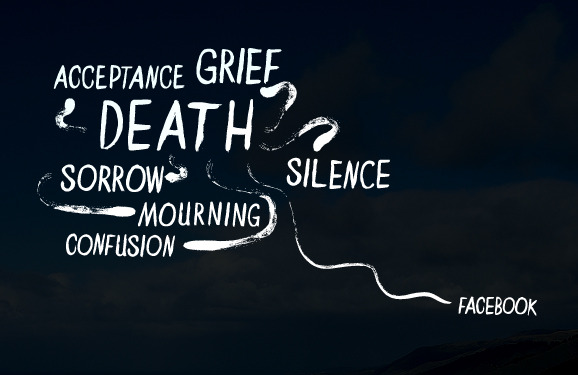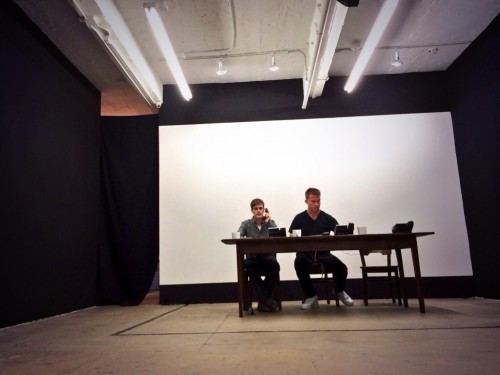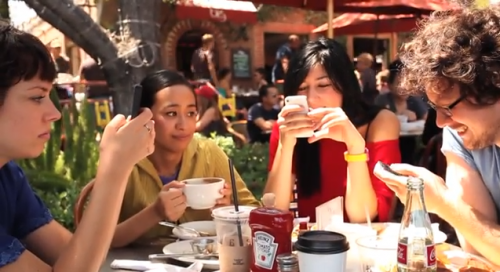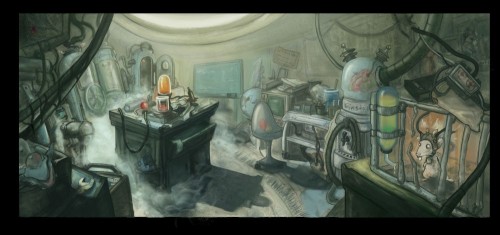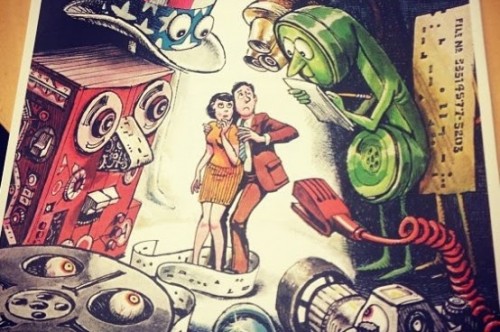
Imagine you live at the end of a cul-de-sac in a subdevelopment that is only accessible by a single gate that leads out to a large, high-speed arterial road. Your friends, your job, your kids’ school are all outside of this development which means life is lived through and on the road that connects your subdevelopment to the rest of the world. Now imagine that, without warning or any kind of democratic process, the company that maintains that road (private companies are subcontracted to do regular maintenance on public roads all the time) decides to add trees on either side of the road to reduce car speed. It’s a relatively benign design intervention and it works. In fact the trees work so well that the company’s engineers publish in a few journals which directly benefits the company financially, through prominence within the truly boring world of road maintenance. When the residents get wind of this experiment, and demand to know why they weren’t even notified, the owner of the road maintenance company says, “if you don’t like it use a different road.” That mind-bending response actually makes more sense than what has been coming out of OKCupid and Facebook these last few weeks. more...


